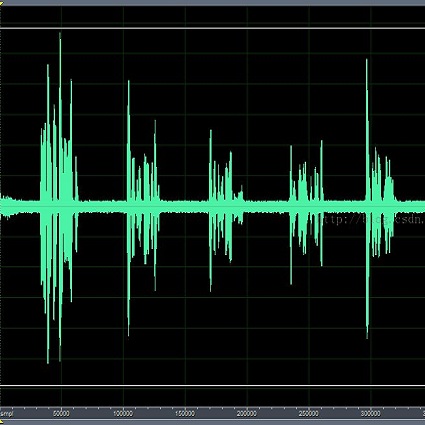The majority of deep learning-based speech enhancement methods require paired clean-noisy speech data. Collecting such data at scale in real-world conditions is infeasible, which has led the community to rely on synthetically generated noisy speech. However, this introduces a gap between the training and testing phases. In this work, we propose a novel dual-branch encoder-decoder architecture for unsupervised speech enhancement that separates the input into clean speech and residual noise. Adversarial training is employed to impose priors on each branch, defined by unpaired datasets of clean speech and, optionally, noise. Experimental results show that our method achieves performance comparable to leading unsupervised speech enhancement approaches. Furthermore, we demonstrate the critical impact of clean speech data selection on enhancement performance. In particular, our findings reveal that performance may appear overly optimistic when in-domain clean speech data are used for prior definition -- a practice adopted in previous unsupervised speech enhancement studies.
翻译:暂无翻译



